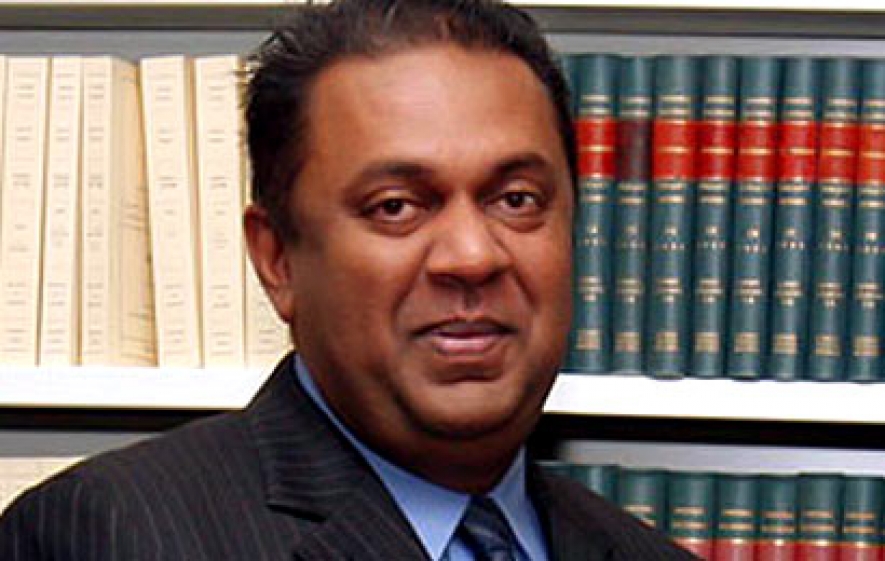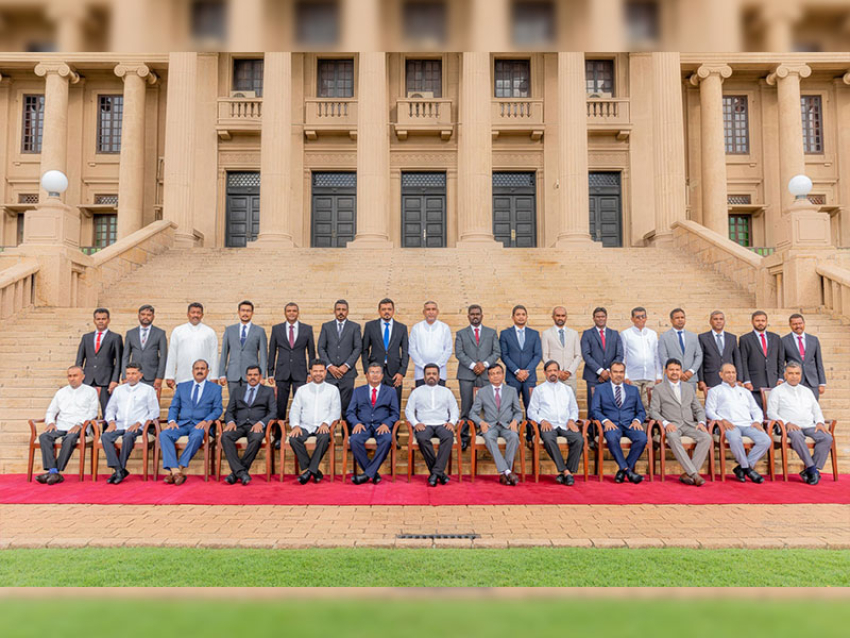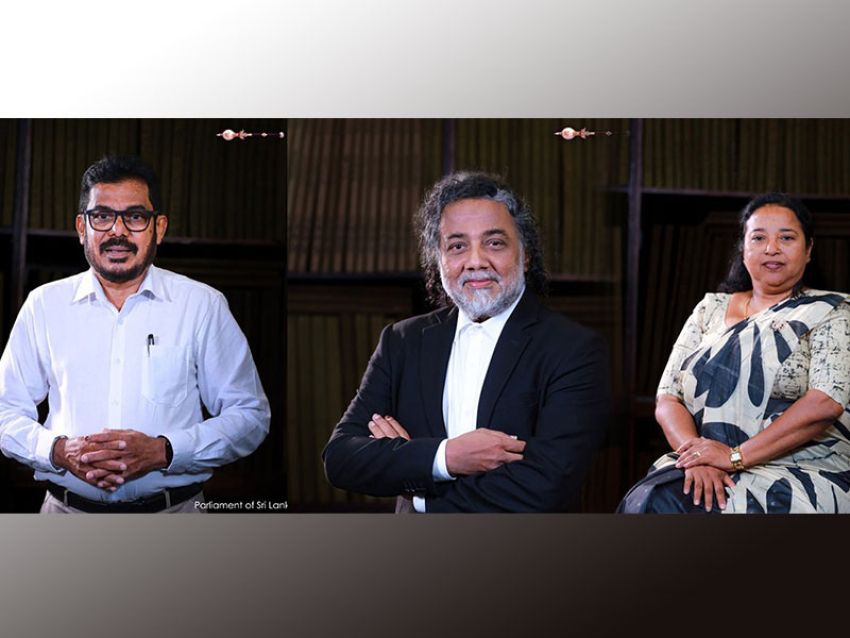Speaking as to why the country needs to improve on tax collection, he said from 2019 to 2022, the country would face external debt repayments of approximately $15 billion. “This is an unprecedented burden that this government had inherited. This year too, we have to pay the highest debt repayment of Rs. 1.9 Trillion, while next year, there are foreign debt services of Rs. 4.2 Trillion and in 2020 Rs. 3.7 Trillion," he said, adding that most of it was for loans obtained by the previous government for projects with little or no economic returns.
Presenting to Parliament five Gazette Notifications issued under the Special Excise Provisions Act No. 13 of 1989, Media and Finance Minister Mangala Samaraweera speaking on the Government’s tax policies, said the government tax policies had focussed on some key principles and objectives over the last few years, first of which was to increase the share of the Government revenue which had declined to around 11% of the GDP in 2014. “This would enable us to better meet our debt repayments without compromising the government's expenditure, health, education etc., increasing the share of direct taxes which was one of the lowest in the world at 18% and our objective is to raise it to 40%, to create a more progressive and relevant tax structure.
The current 82% of indirect taxes, was a result in the burden of taxes being disproportionately borne by the poorer sections of the society. We need to rectify this situation as soon as possible, by broadening the tax base to bring the informal economy into the formal sector, thus creating a level playing field by ensuring that everyone compiles and shares the burden of taxes, reduce discretion in the tax policy and shift to a simple transparent rule based framework. This requires to minimize potential corruption and reduce tax leakages due to add hoc exemptions,” he noted.
The new Inland Revenue Act which would come into operation on April 1, he said, ensures that tax holidays and tax exemptions could no longer be given on the whims and fancies of the Finance Minister. “We have now created a rules based framework to take such decisions. This would go a long way in increasing the state of direct taxes, enabling the Government to achieve its revenue targets in an equitable manner, ensuring that the higher income earners absorb the larger shares of the tax burden. The previously practiced ad hoc subjective tax exemptions had been estimated to amount to 1.6% of the GDP in 2015,” the Minister added.




















